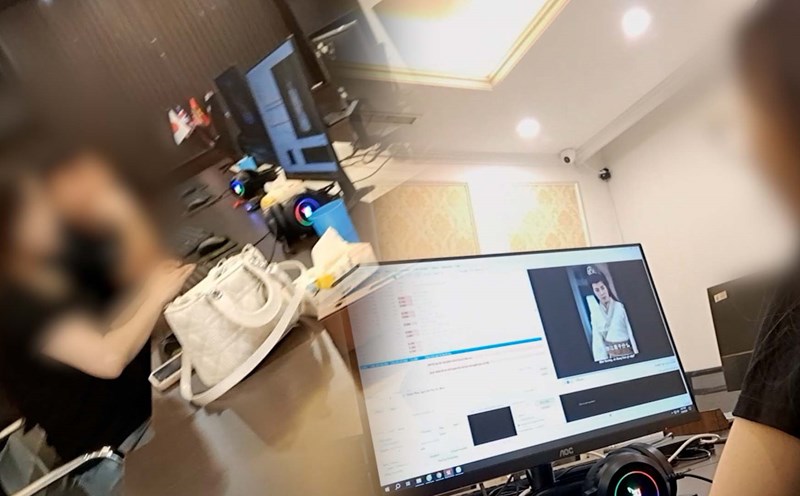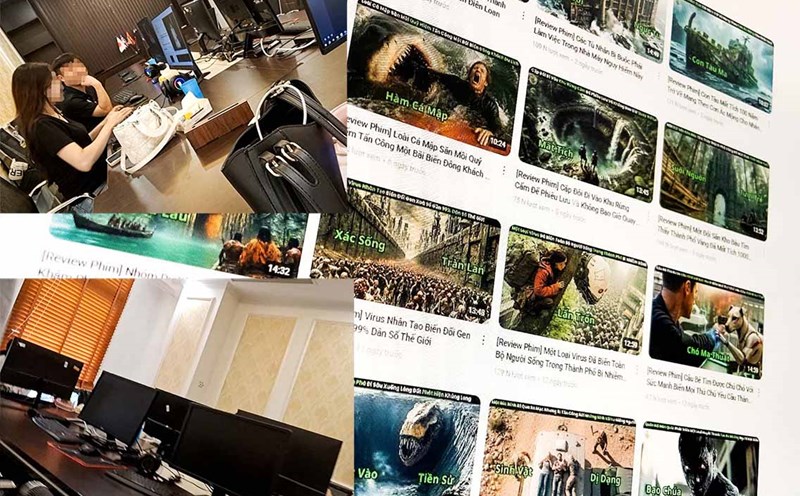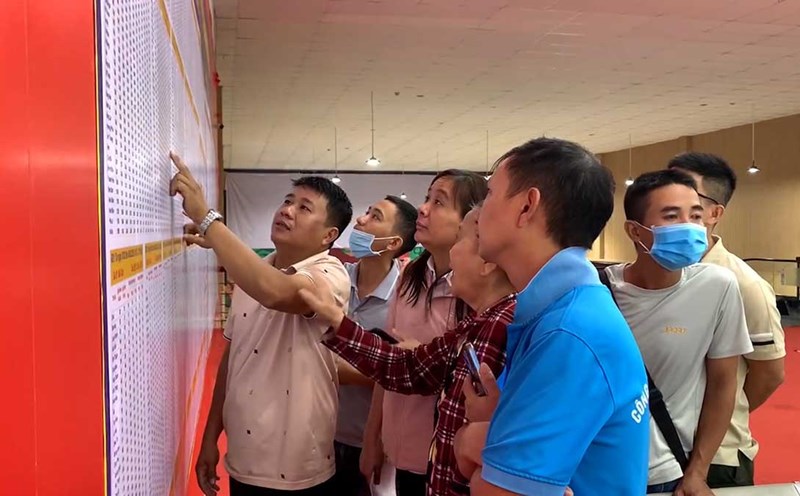The profession of stealing digital content copyright
The explosion of social media and video sharing platforms has formed an underground market, where disguised review channels have sprung up like mushrooms. Instead of commenting or analyzing, many channels summarize the entire film by using live scenes, trailers, and then additional explanations. Without the cost of copyright or production investment, they can release hundreds of videos in a short time.
This activity is also known by digital contentenders as film reup: Re-uploading all available movies, clips, videos of others to YouTube, TikTok, Facebook... to make money from advertising or selling channels. Although the profit is large, the risk is not small, as platforms increasingly tighten copyright, and the law increases sanctions.
"In the 2021-2022 period, the average salary is from 10 - 12 million VND/month, if you work hard, you can reach 30 - 40 million VND. Even though they know they are violating copyright, many people still do it because their income is too attractive. If it is wrong, I am just afraid that YouTube will attack the copyright stick, said Mr. Tung, a person who participated in producing copyright theft videos and then reuploaded them on social networking platforms.
Although the risk of "canal collapse" is always approaching, many individuals still ignore the fact that this job is easy to catch trends, quickly attracts views, and opens up many sources of income. When the channel was deleted, they created a new channel and continued to turn around to make money.
Huge profit from disguised review activities
Not only individuals, many businesses also jumped into this "brush-feeding" market. As an investor, the reporter approached KAB MEDIA 360 Company (Ha Dong, Hanoi). A person named Binh, who calls himself the producer, said that he used to hire dozens of employees to cut and paste thousands of videos every day, then bought a channel to launch to earn money to post.
"There were times when the revenue was very good, but now the risk of being copyrighted is higher, many efforts were put in but in the end, it was still a stick", Binh shared.
At Minh Nhi Agency (Tu Liem, Hanoi), an advertising company specializing in SEO and image design, the business owner admitted that he is trying his hand at reviewing movies on TikTok. The employee cut and edited the video from Douyin, vangled it with an English translation tool and posted it on TikTok.
Our goal is to create many fanpages for units that need to hang banners advertising games, gambling apps, online cas casos. If we had to produce clean videos, it would be very expensive but not necessarily effective, so we chose to reup and steal content on Chinese platforms, Minh, the company owner, frankly said.
To serve the growing demand for reup video production in the market, Radio Vietnam Advertising Joint Stock Company (Ha Dong) is accepting to produce a large number of reup videos when meeting reporters - in the role of businesses in need and even suggesting that customers transfer money to personal accounts to avoid taxes. The female employee of the company said, "this method helps reduce taxes and fees, making it difficult to control".
On the internet, Phuc Anh MRT emerged as an "AI expert", with more than 1.1 million likes on TikTok, earning 70 - 100 million VND/month from producing clips using AI. This person admitted that he had never paid taxes: "If I had to collect it later, I would have to pay later. My family is just like other ordinary families, raising chickens and ducks, there is nothing to collect."
In reality, from small rooms with a few computers, hundreds of videos are produced and posted online, attracting millions of views and huge profits. However, this cash flow mainly flows through transactions outside the books, avoiding tax obligations.
Stealing copyrights and reviewing disguises not only causes damage to producers but also creates social consequences, when audiences are used to "free goods", no longer respecting creative efforts. While the management mechanism has not kept up, these "virtual jobs" continue to make real profits, but are associated with the risk of law violations and tax losses for the State.












